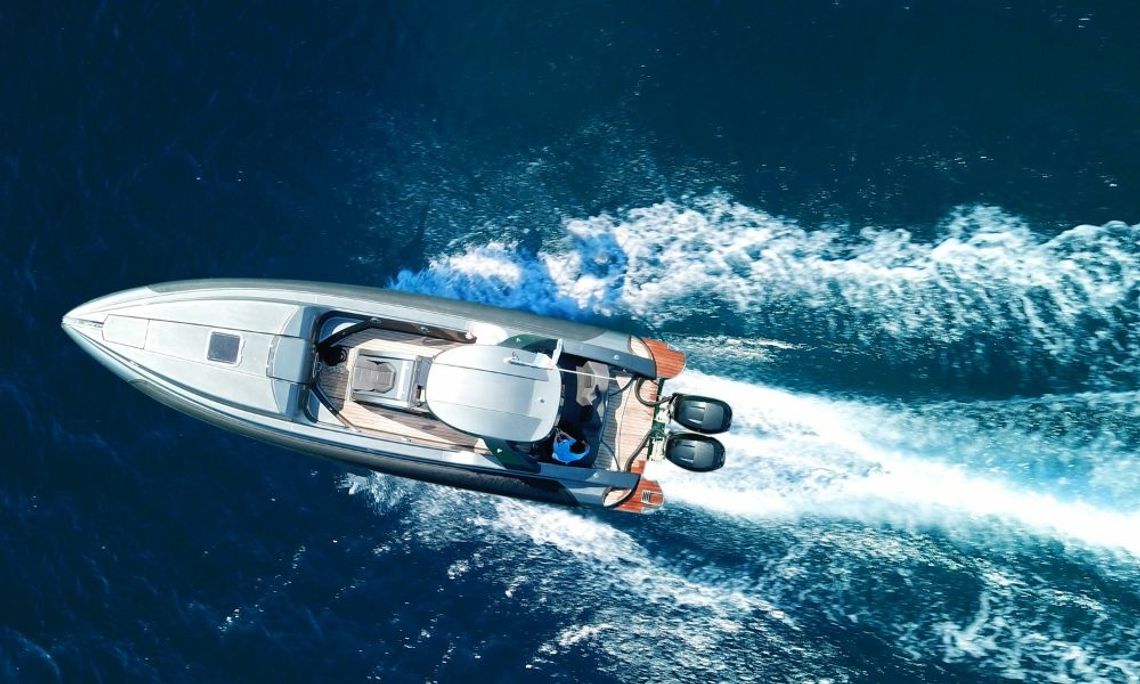When it comes to ensuring your boat performs at its best, selecting the right fuel is crucial. The fuel type impacts both your boat’s efficiency and longevity and the environment. With many options available, from marine-grade fuels to renewable alternatives, making an informed decision can seem daunting.
Let’s look at tips for buying the best fuel for your boat and help you navigate the sea of options.
Consider Your Boat’s Engine
Before purchasing fuel for your boat, you need to know what type of engine it has. Is it a gasoline or diesel engine? Does it require high-octane fuel, or can it run on regular? Understanding your boat’s engine will help you narrow your choices and ensure you get the right fuel for optimal performance.
Check the Manufacturer’s Recommendations
Always refer to your boat’s manufacturer’s recommendations for the type of fuel to use. They know your boat inside and out and have likely tested various fuels to determine which works best. Using a different fuel type than recommended could result in engine damage or void warranties.
Consider Ethanol Blends Carefully
Ethanol is a renewable alternative to traditional fuels, often mixed with gasoline to create an ethanol blend. While it may be better for the environment, not all boats can handle high ethanol blends. Check your boat’s manual or manufacturer recommendations for the maximum percentage of ethanol allowed in the fuel before deciding.
Consider the Season and Location
You may need to adjust your fuel choice depending on where you boat and the time of year. For example, in colder climates, you may need to use a winter blend with more additives to prevent fuel from freezing. Additionally, certain locations may restrict the type of fuel allowed due to environmental regulations.
Beware of Contaminated Fuel
One common issue with marine fuel is contamination, often caused by water or dirt entering the tank. To avoid this problem, always purchase fuel from a reputable source and watch for any signs of contamination, such as a foul smell or visible debris in the fuel.
Selecting the right fuel for your boat is a critical decision that influences the performance and longevity of your vessel. You need to know many things as a first-time boat owner, but with these tips, you can navigate through the plethora of fuel options and make an informed decision for your boat. So next time you’re at the fuel station, remember these tips to ensure your boat runs smoothly on the open water.


Comment
Comments